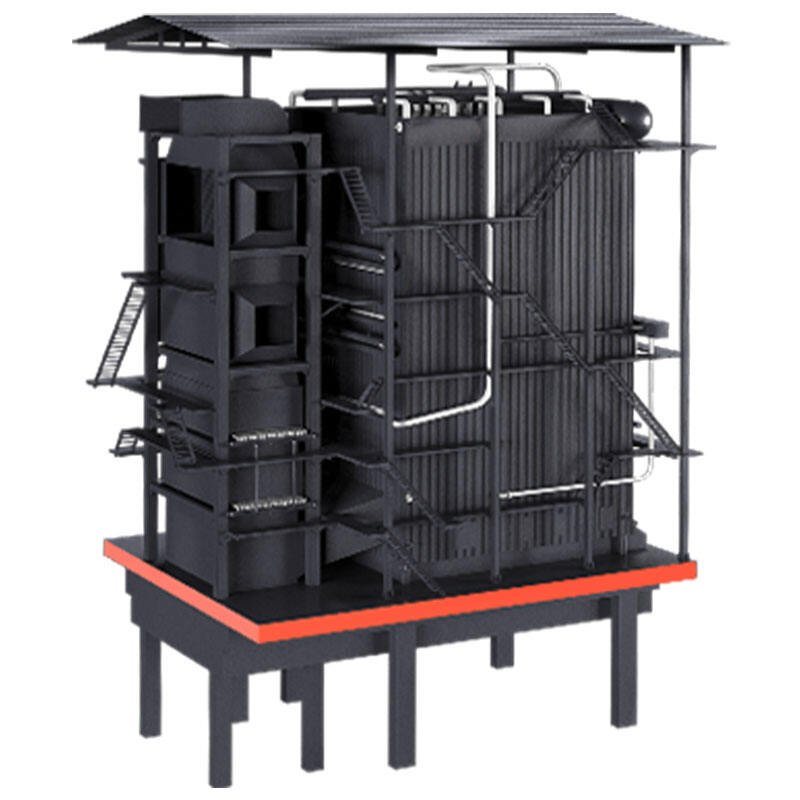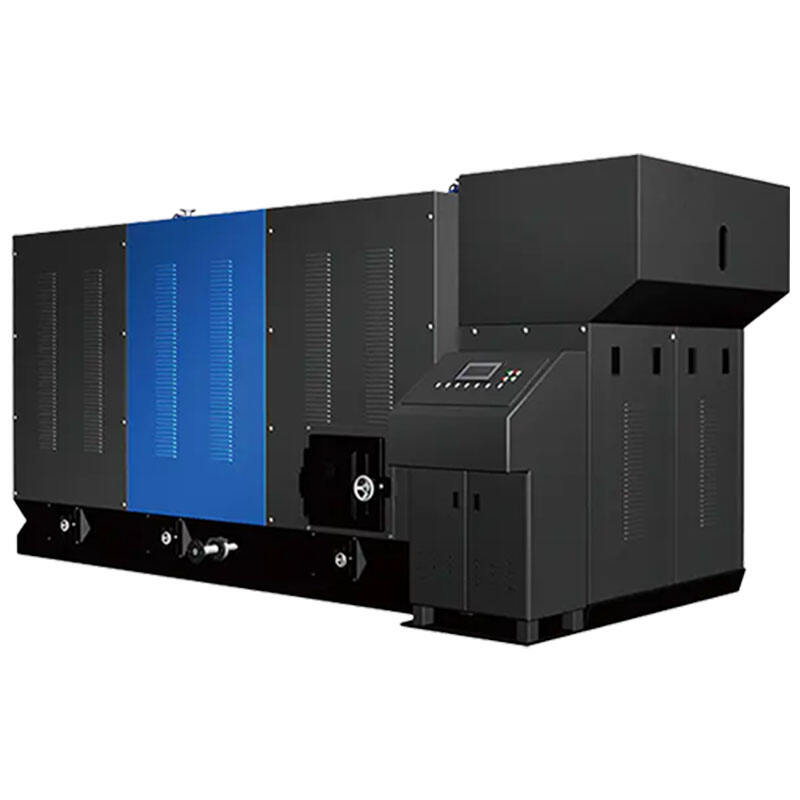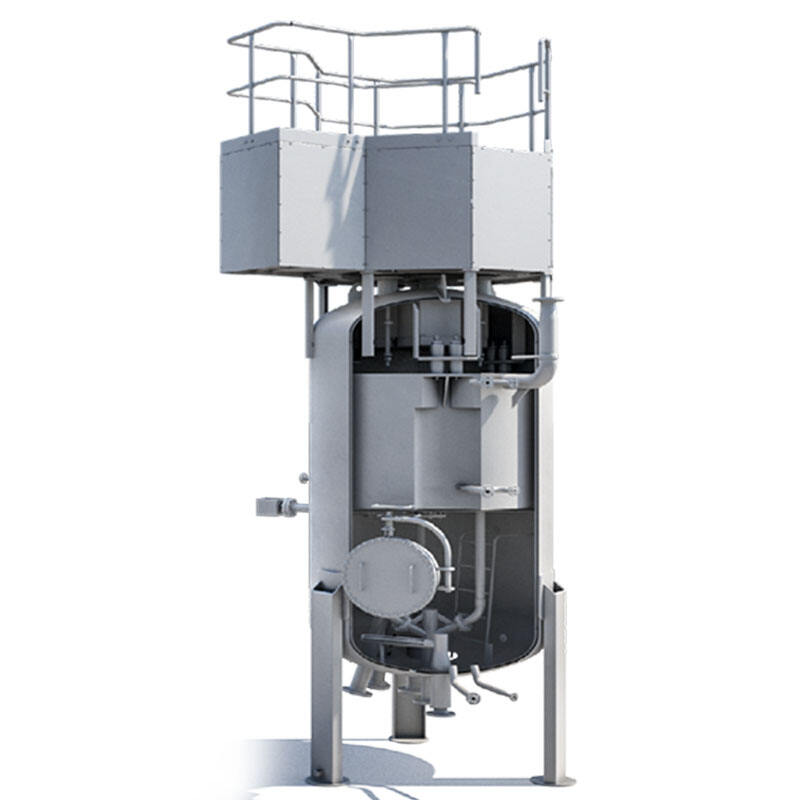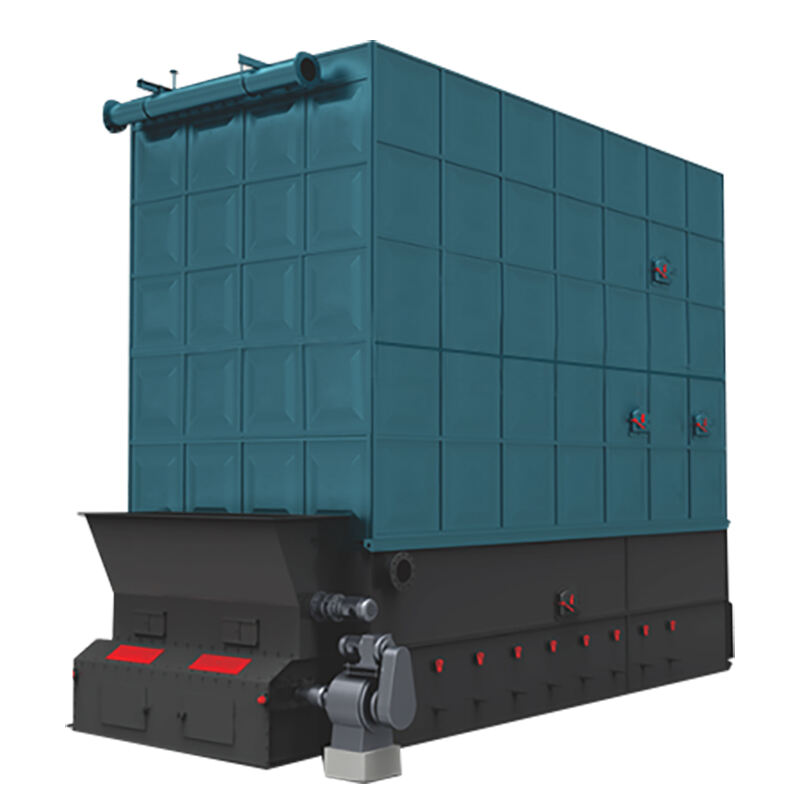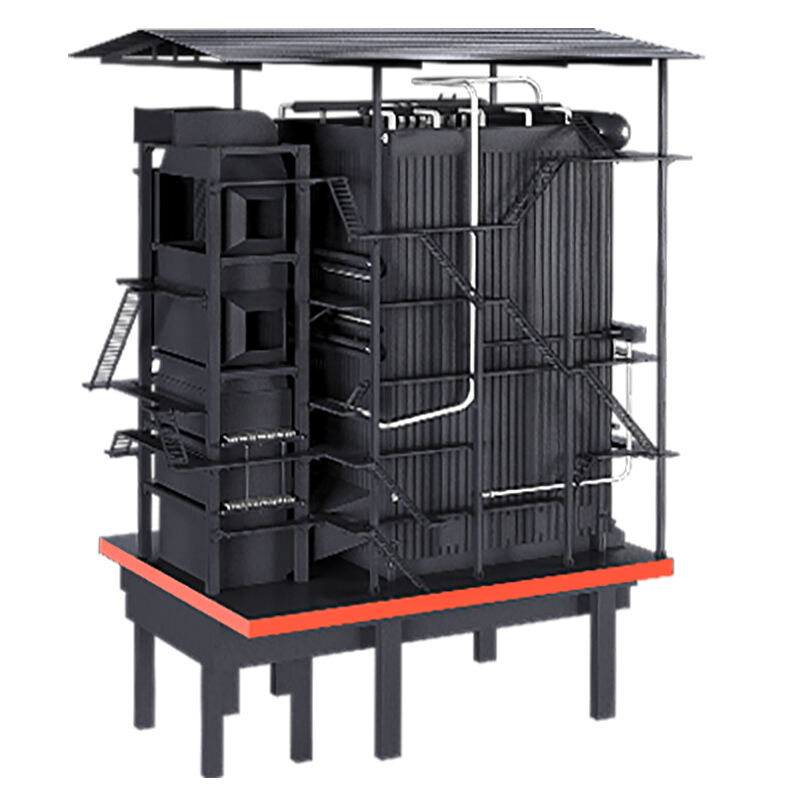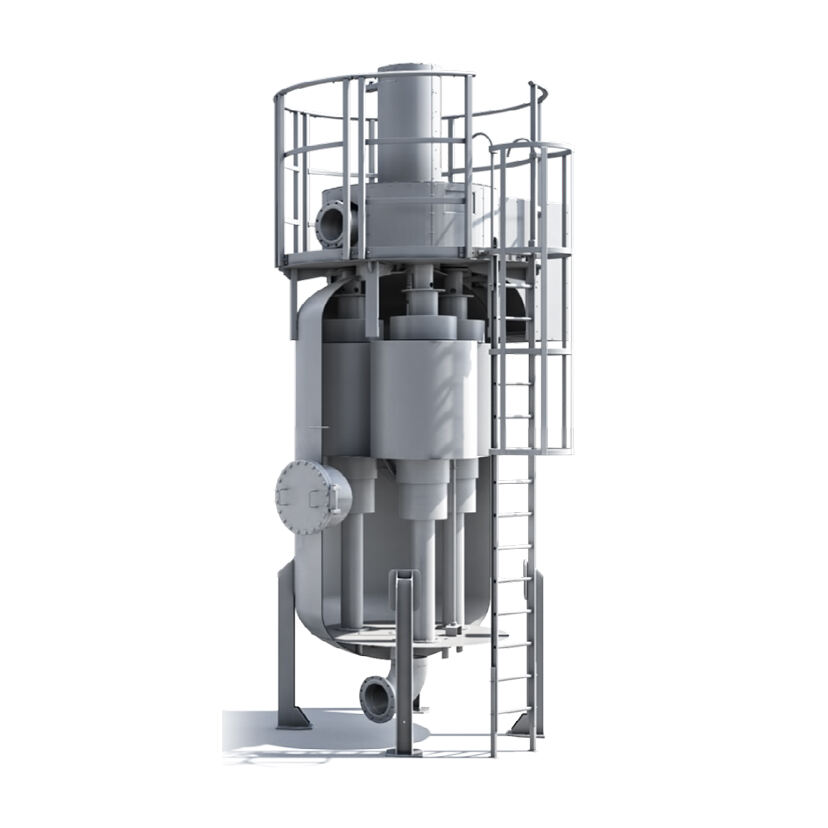Ηλεκτρόδια λέβητα πετρελαίου
Η λάδιο ατμοστροβύλιο τα ηλεκτρόδια είναι βασικό στοιχείο των συστημάτων που διασφαλίζουν ότι όλα λειτουργούν ομαλά. Είναι χρήσιμο να γνωρίζετε πώς λειτουργούν και πώς να τα φροντίζετε, ώστε ο κρύος καιρός να μην κάνει το σπίτι σας να παγώσει
Τα ηλεκτρόδια των λέβητων πετρελαίου είναι μικρές μεταλλικές ράβδοι που χρησιμοποιούνται για να διατηρήσουν έναν σπινθήρα, ο οποίος αναφλέγει το πετρέλαιο ή το αέριο μέσα στον λέβητά σας. Αυτός ο σπινθήρας είναι αυτός που ανάβει στην πραγματικότητα τον λέβητα, οπότε χωρίς τα ηλεκτρόδια, ο λέβητάς σας θα παρέμενε απλώς κρύος. Γι' αυτό είναι πολύ σημαντικό να βεβαιώνεστε ότι είναι σε καλή κατάσταση και λειτουργούν σωστά.
Συμβουλές για τη συντήρηση και αντικατάσταση ηλεκτροδίων λέβητα πετρελαίου
Προστατεύοντας το λέβητας θερμού πετρελαίου Ηλεκτρόδια Για να διαρκέσουν πολύ καιρό τα ηλεκτρόδια της καυστήρας πετρελαίου, θα πρέπει να τα φροντίζετε. Αυτό περιλαμβάνει τη βεβαίωση ότι είναι ελεύθερα από εμπόδια ή συσσωρεύσεις που μπορεί να τα εμποδίζουν να δημιουργήσουν σπινθήρα σωστά. Θα πρέπει επίσης να τα ελέγχετε από καιρό σε καιρό για να βεβαιώνεστε ότι δεν έχουν φθαρεί ή έχουν υποστεί ζημιές. Εάν παρατηρήσετε οποιοδήποτε πρόβλημα, ίσως είναι καιρός να τα αντικαταστήσετε και να βεβαιωθείτε ότι το σύστημα θέρμανσης λειτουργεί σωστά.
-
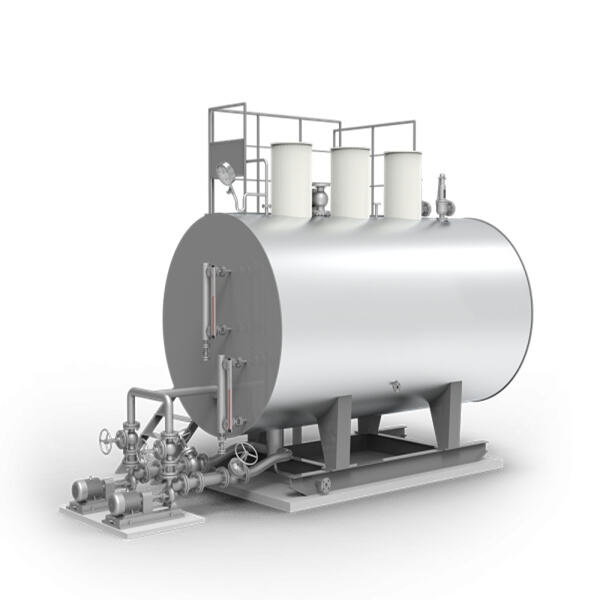
Αποκατάσταση συχνών προβλημάτων με ηλεκτρόδια λέβητα πετρελαίου
Κάποιες φορές λέβητας ατμού με καύση πετρελαίου τα ηλεκτρόδια χάνουν τη δυνατότητά τους να λειτουργούν σωστά για αρκετούς λόγους. Εάν η συσκευή θέρμανσης δεν λειτουργεί όπως θα έπρεπε, αυτό είναι ένα σημάδι ότι ήρθε η ώρα να καθαρίσετε καλά τα ηλεκτρόδια ή να τα αντικαταστήσετε. Άλλες πιθανότητες περιλαμβάνουν πρόβλημα στην ηλεκτρολογία ή ένα ελαττωματικό πίνακα ελέγχου. Εάν δεν έχετε καμία ιδέα τι συμβαίνει, σκεφτείτε να απευθυνθείτε σε επαγγελματία που θα σας βοηθήσει να διαγνώσετε το πρόβλημα.
-
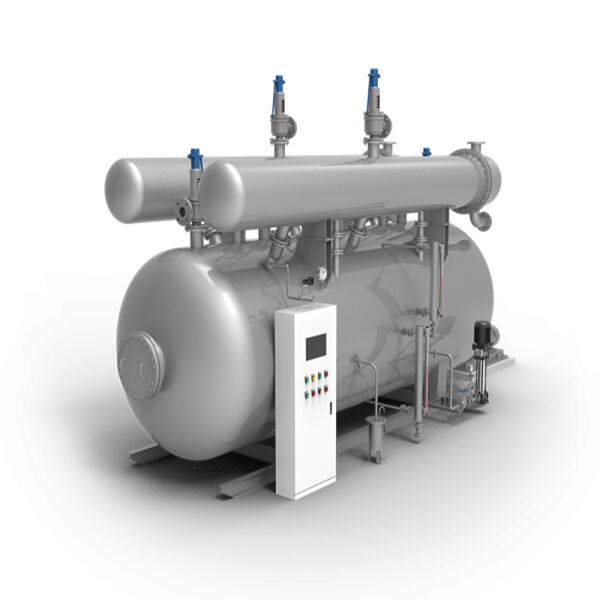
Ο ρόλος των ηλεκτροδίων λέβητα πετρελαίου στην αποδοτικότητα της καύσης
Ηλεκτρόδια πυροδότησης λέβητα πετρελαίου Τα ηλεκτρόδια πυροδότησης του λέβητα πετρελαίου είναι σημαντικά για την καύση του καυσίμου στον λέβητά σας. Όταν τα ηλεκτρόδια δημιουργούν αποτελεσματικά σπινθήρα, το πετρέλαιο καίγεται πιο αποτελεσματικά, με αποτέλεσμα να χάνεται λιγότερο καύσιμο. Αυτό δεν είναι μόνο τρόπος να εξοικονομείτε χρήματα στο λογαριασμό της θέρμανσης, αλλά και να μειώνετε την επίδρασή σας στο περιβάλλον. Αυτό σημαίνει πως η φροντίδα των ηλεκτροδίων του λέβητα πετρελαίου σας δεν είναι απλώς ευεργετική για την τσέπη σας – είναι και ωφέλιμη για τον πλανήτη!
-
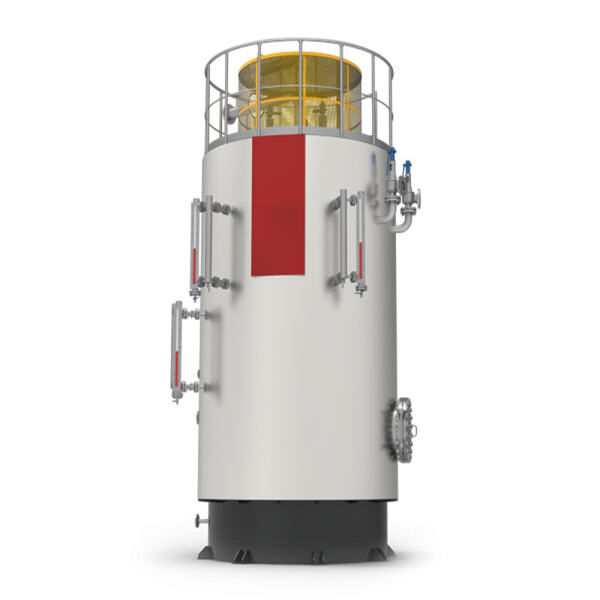
Πώς να ρυθμίζετε σωστά τα ηλεκτρόδια λέβητα πετρελαίου για βέλτιστη απόδοση
AFUE Αν έχετε παρατηρήσει ότι το σύστημα θέρμανσης δεν λειτουργεί όπως παλιά, ίσως χρειαστεί να ρυθμίσετε τα ηλεκτρόδια πυροδότησης του λέβητα πετρελαίου σας. Είναι θέμα ισορροπίας — πρέπει να βεβαιωθείτε ότι ο σπινθήρας είναι αρκετά δυνατός ώστε να αναφλέγει το πετρέλαιο, αλλά όχι τόσο δυνατός ώστε να προκαλεί ζημιές. Και αν δεν ξέρετε ακριβώς πώς να το κάνετε αυτό, είναι καλύτερα να αφήσετε κάποιον που γνωρίζει τη δουλειά του να το κάνει σωστά.
Why choose Xianchuang Ηλεκτρόδια λέβητα πετρελαίου?
-
Προηγμένη Δυνατότητα Παραγωγής
Λειτουργώντας από ένα εργοστάσιο 106.700 τετραγωνικών μέτρων, ιδιόκτητο, με ετήσια παραγωγική ικανότητα 40.000 τόνων ατμού, χρησιμοποιούμε εξοπλισμό παγκόσμιας κλάσης — όπως ελληνικά μηχανήματα τυλίγματος πλακών και γερμανικά συστήματα CNC — για να εξασφαλίζουμε ακρίβεια, κλίμακα και ποιότητα σε κάθε έργο.
-
Ενοποιημένο Μοντέλο Ολοκληρωμένης Υπηρεσίας
Η ομάδα μας μηχανικών και τεχνικών ειδικών παρέχει υποστήριξη για όλο τον κύκλο ζωής — από την έρευνα και ανάπτυξη (R&D) και το σχεδιασμό μέχρι την έξυπνη λειτουργία, συντήρηση και αναβάθμιση — προσφέροντας άρρηκτες λύσεις «ένα-σταθμού» για μεγάλα έργα EPC και BOT.
-
Αποδεδειγμένο Ιστορικό με Μεγάλες Επιχειρήσεις
Με πάνω από 20 χρόνια ηγεσίας στον κλάδο και περισσότερα από 30 ανεξάρτητα δικαιώματα πνευματικής ιδιοκτησίας, έχουμε παραδώσει ενοποιημένες λύσεις ενέργειας σε περισσότερους από 200 πελάτες πρώτης γραμμής, συμπεριλαμβανομένων εταιρειών του Fortune 500, διατηρώντας ποσοστό αποδοχής έργων 100%.
-
Εθνική Άδεια Λειτουργίας και Διεθνής Πιστοποίηση
Ως ένας από τους λίγους κατασκευαστές στην Κίνα που διαθέτει την εθνική άδεια λέβητα κατηγορίας Α και τις διεθνώς αναγνωρισμένες πιστοποιήσεις ASME και CE/MD, τα προϊόντα μας πληρούν τα αυστηρότερα πρότυπα ασφαλείας και απόδοσης για παγκόσμια εφαρμογή.
Σχετικές κατηγορίες προϊόντων
- Με αέριο
- Σύστημα θέρμανσης με λέβητα
- Ηλεκτρικός κεντρικός λέβητας θέρμανσης
- Ηλεκτρικός λέβητας θέρμανσης
- Λέβητας κεντρικής θέρμανσης αερίου
- Λέβητας υδραυλικής θέρμανσης
- Υδραυλικός λέβητας θέρμανσης
- Καυστήρας καυτής νερού
- Λέβητας ξυλοκάρβουνου
- Λέβητας φυσικού αερίου
- Ηλεκτρικός κεντρικός λέβητας θέρμανσης
- Θερμικό Αερίων Καυστήρα

